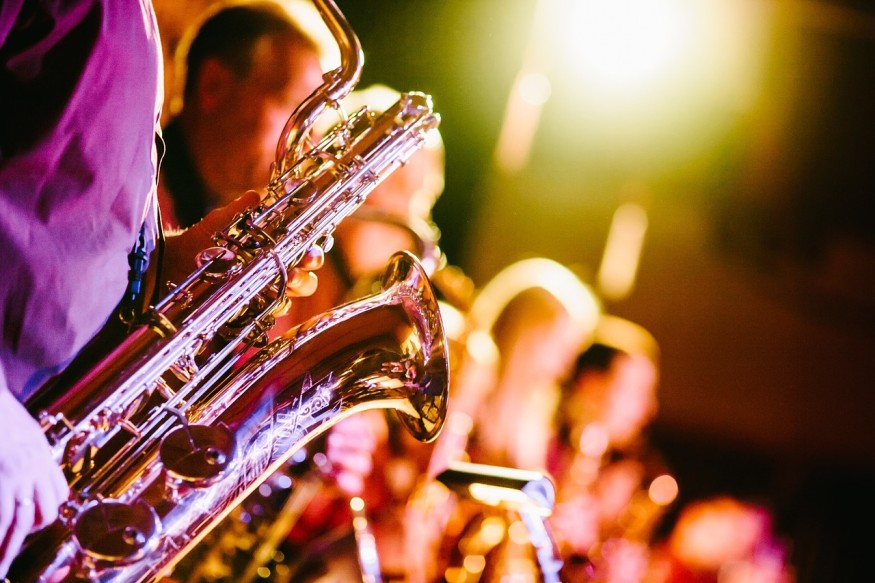
The belief that the "right-brain" is responsible for creativity is not entirely true, as a recent study suggests. The research shows that creativity is indeed primarily driven by the right brain hemisphere, but this is true in musicians who are relatively inexperienced in improvisation. In contrast, musicians that are highly experienced in improvisation primarily utilize the left brain hemisphere.
It is a surprising finding, suggesting that "right-brain" creativity is used when someone is dealing with unfamiliar situations or skills. Meanwhile, "left-brain" creativity comes from well-learned routines in a person who is experienced at a specific task. In other words, the areas where brain activity occurs changes as experience increases.
The study that was recently published in the NeuroImage journal used brain imaging to study brain activity among jazz guitarists while they are improvising.
The study is titled "Dual-Process Contributions to Creativity in Jazz Improvisations: An SPM-EEG Study," and was conducted in the Creativity Research Laboratory of Drexel University.
Thirty-two jazz guitarists were recruited for the study. High-density EEGs or electroencephalograms were taken while they improvised. Some of the players were very experienced, while others were not so much. The musicians were asked to improvise six jazz pieces with accompanying piano, bass, and drums.
A view that is popular among laymen states that creativity comes from the right hemisphere of the brain, so that creative people like artists and musicians, and innovative individuals, are known as "right-brain thinkers." This view is in contrast with the "left-brain thinkers" who are considered logical and analytical. Neuroscientists who do not subscribe to this belief argue that inadequate evidence is available for supporting such an idea, that creativity in humans is of such complexity as to derive input from both the left and right brain hemispheres.
The study's findings could contribute to developing new ways of training people for creativity.
An expert can perform thanks to relatively unconscious and automatic processes, which are hard to modify consciously. Such a process can be easily disrupted when self-consciousness takes over, causing the performer to falter.
This idea is in stark contrast to non-experts whose performances are under conscious and deliberate control. They can, therefore, better make adjustments in accordance with instructions that come from a coach or teacher.
Brain activity recordings may be able to pinpoint when the person is ready to relinquish a bit of control and start relying on well-learned, unconscious routines. Unfortunately, to release conscious control before mastery causes the ingraining of bad habits and wrong technique.
The study recorded a total of 192 improvisations - six jazz songs played by the 32 musicians. These were then played to four jazz expert teachers and musicians for a rating on creativity as well as other qualities. Afterward, the EEGs of the highly-rated versus the less creative performances were compared. In the former, more significant activity was observed in the posterior left-brain hemisphere. For the latter, higher activity was seen in the mostly frontal parts of the right-brain hemisphere.
The researchers also statistically controlled the experience level of the musicians, which showed that virtually every one of the differences in brain activity between very creative and less creative had been observed in the right brain hemisphere, particularly in the frontal area.
The study illuminated the roles that the right and left brain hemispheres play in creativity. It also raises important implications for our understanding of creativity.
Professor John Kounios said that if creativity is measured in terms of its quality, such as a painting, invention, or a song, then it is the left brain hemisphere that plays a major role. However, if creativity deals with the individual's ability to deal with new and unfamiliar scenarios, like in the novice jazz improvisers, then it is the right brain hemisphere that leads the activity. Kounious is the director of Drexel's College of Arts and Sciences applied and cognitive brain sciences doctoral program and psychology.
© 2025 NatureWorldNews.com All rights reserved. Do not reproduce without permission.





